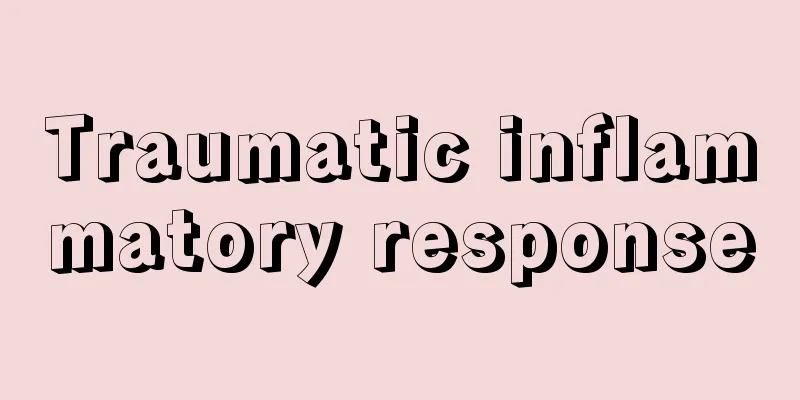What are the treatments for vitiligo

|
Vitiligo is actually a very common disease. It is now increasingly occurring among young and middle-aged people. When an attack occurs, patients will feel white spots growing on their skin. Generally, there will be no itching or pain symptoms, but if the patient is in a serious condition and the disease is in the late stage, it may also occur. If this is the case, the patient must pay more attention and actively go to the hospital for a detailed examination so that they can choose the appropriate treatment method according to the cause of their illness. Otherwise, it will delay the development of the disease and even cause very serious consequences. In addition, patients need to persist in treatment for a long time. After all, this disease is a long treatment process. If daily care is proper, vitiligo generally will not recur. Be careful to avoid trauma and exposure to the sun. In your daily diet, be careful not to be partial or picky about food. Eat less food rich in vitamin C. Don't be too nervous in your daily life. Relax appropriately and avoid direct contact with chemicals. This requires a visit from a clinical doctor to determine the cause and treat it. If there is no discomfort, it is better to pay attention to the symptoms of the body. 1. Medication (1) Psoralen and its derivatives For example, take methoxsalen orally and then irradiate with ultraviolet light. (2) High doses of vitamins Such as long-term use of B vitamins, vitamin C, and vitamin P. (3) Treatment with drugs containing copper Such as 0.5% copper sulfate solution taken orally. (4) Immunomodulators Oral levamisole, intramuscular injection of freeze-dried BCG, oral administration of bovine placenta, etc. (5) Topical application of skin irritants It causes inflammatory reaction in the skin and promotes pigmentation. Commonly used ones include 30% Psoralea corylifolia tincture, nitrogen mustard alcohol, phenol (pure carbolic acid), 25%-50% trichloroacetic acid, and Cantharides tincture. This method is only suitable for small skin lesions, and blisters may appear on the lesions after application. (6) Corticosteroids Local packing treatment with various corticosteroids such as beclomethasone dipropionate ointment, halometasone cream, and triamcinolone urea ointment. 2. Surgery Patients with stable skin lesions and no progression can undergo autologous epidermal transplantation if necessary. 3. Depigmentation therapy It is suitable for those with large skin lesions that exceed more than half of the body surface area. 3% to 20% hydroquinone monobenzyl ether cream can be applied externally. 4. Physical therapy Treatment is with narrow-wave ultraviolet light, long-wave ultraviolet light or 308nm excimer laser. |
<<: How can massage be effective for treating high blood pressure?
>>: Who is suitable for salt bag hot compress?
Recommend
What does increased sugar metabolism mean
The body is in a state of balance. Any substance ...
Are expired pregnancy tests still valid?
Once women find that their menstruation is delaye...
Beware of these 16 short-lived bad habits
A thousand-mile long dam can be destroyed by a si...
Is it harmful to work night shifts while pregnant?
Many women will continue to work after they becom...
How to take care of short inward-curling hair
Girls all want to have a beautiful and fashionabl...
Toona sinensis contains nitrite
Nitrite is a toxic substance, which is contained ...
The harm of fake eggs
In our daily life, eggs are a nutritious product ...
Will drinking coffee cause calcium deficiency
Calcium is a very important trace element for our...
Many measures can achieve a certain preventive effect on cervical cancer
The occurrence of cervical cancer is harmful to w...
How to care for patients with rectal cancer in the late stage
In the nursing measures for patients with advance...
The dangers of eye twitching
The eyes are the windows to the soul. The eyes sh...
How to wash away oil stains on clothes
It is inevitable that clothes will get oil stains...
What is the cause and pathology of hamartoma
The appearance of hamartoma not only harms the pa...
What causes lung cancer to develop to the late stage? Revealing the five major causes of lung cancer in the late stage
As life is getting better and better, the price i...
Be careful if you grow this after the age of 20
With the popularity of the movie "If You Are...









